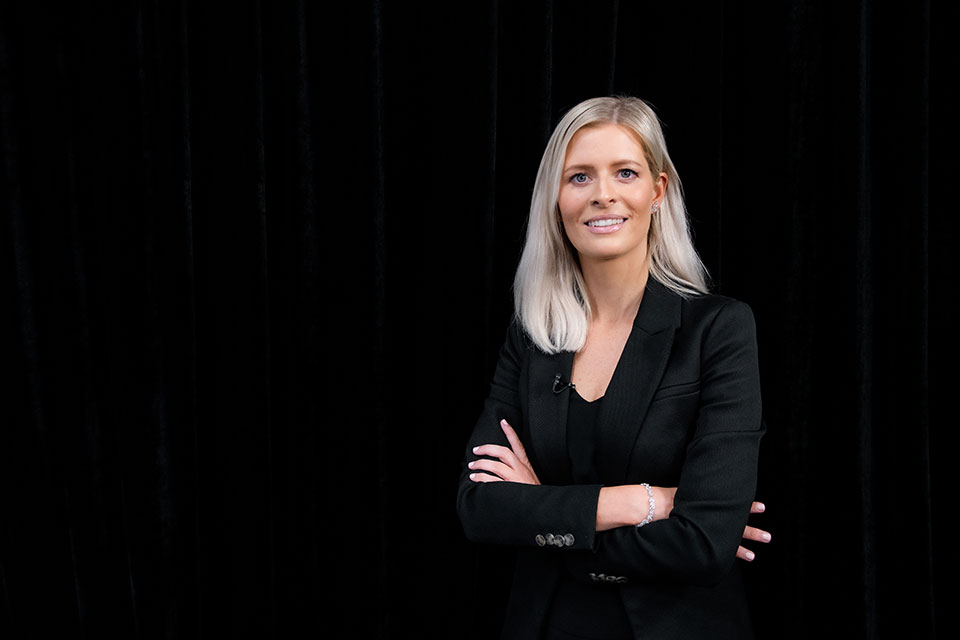We must not fall into the trap of glorifying burnout culture

There has been a dramatic increase in organisations proudly promoting their organisational culture of burnout. A recent Fortune article claimed that ‘LinkedIn, Hootsuite and Bumble all shut down for a week to battle burnout’.
COVID-19 may not be squarely to blame, but there is no denying that it has been an accelerant of stress, anxiety and overwhelm. After such a trying year, time to unplug certainly sounds appealing. Meanwhile, the gift of a week off work, a dream come true for many right now.
Before you race to be an early adopter of this directive, compassionate leaders are being urged to consider the alternative perspective that this may not actually be a win-win scenario for those involved.
Publicly trivialising burnout raises a number of red flags. Why are leaders admitting a blatant lack of duty of care? Which expert advised one week off would combat burnout? How does this solution address the root causes of work-induced burnout? And more importantly, what can individuals expect once the shine of the stop-gap wears off and teams are back at the scene of the crime?
What is undeniable is that teams are paying the price for poor policy and leadership. What’s more concerning is the bandwagon effect with others following suit in the race for positive PR and recruitment hype.
So, what can be done to widen the lens from marketing and recruitment to nurturing and retention?
Compassionate leaders are looking to cultivate a high performance and healthy workforce. One that welcomes a new rhythm of mutual respect and cohesion.
A win-win scenario explores two-tiers of leadership: Senior Leadership and Self-Leadership.
Senior Leadership
- Assess your psychological safety. This is about whether people sense that they are able to share ideas and raise conflict without repercussions of being punished for speaking up. There will be evidence of risk-taking, mistake-making and feedback-seeking at all levels. Holding space for others to have the courage to be candid is a learned behaviour.
- Discover your caring culture. Extend an invitation of co-creation to your leaders. Ask them to discuss compassion in action. Shifts may sound like: Out with check-ins, in with courageous conversations. Out with always-virtual, in with intentionally-human. Out with back-to-back sprints, in with communicated respite breaks.
- Declare your new era. Lead with commerciality and compassion. It’s not only possible, it’s proven. According to Stanford’s Monica Worline in ‘Awakening Compassion at Work’, “compassion is an irreplaceable dimension of excellence for any organisation that wants to make the most of its human capabilities”. When you do, you’ll reap these benefits: employee retention, stress reduction, physical well-being and interpersonal bonds.
Self-Leadership
- Assess your personal safety. This is the lived experience impacting your nervous system. Living in a hypervigilant state drains already limited energy reserves, diminishes the warmth in human relationships and deters you from tapping into flow state and generating ideas. Self-regulation of your state is an essential foundation for sustainable adaptiveness.
- Discover your inner coach. Do this by exchanging your inner critic for your inner coach. With teams working-from-anywhere, coaching may have fallen off the radar. Don’t let this lead to resentment. Do let your growth mindset kickstart personal development. Advancements in neuroscience, psychology and broader thought-leadership provide a guaranteed gateway to growth.
- Declare your new boundaries. Gone are the days of 9-5, we’ve since entered the vacuum of digital distraction and virtual fatigue. Audit where your time, attention and energy go. Then make a commitment of integrity to yourself to focus on reversing fatigue and reinstating healthier, happier and more resilient, self-care practices. Start by consciously using your annual leave, then stay the course with human behaviour hacks.
During these turbulent times, trust, safety and care can be reinstated via compassionate action. This is about managing both the external and internal worlds.
Right now, many of us are straddling two sets of desires. The desire to have a real-break from round the clock work expectations, and the desire to inject sustainable energy back into our deflated teams.
Compassionate leaders don’t PR their culture of burnout, they pursue a more expansive path.
Written by Ciara Lancaster.
Bring the best of the CEOWORLD magazine's global journalism to audiences in the United States and around the world. - Add CEOWORLD magazine to your Google News feed.
Follow CEOWORLD magazine headlines on: Google News, LinkedIn, Twitter, and Facebook.
Copyright 2025 The CEOWORLD magazine. All rights reserved. This material (and any extract from it) must not be copied, redistributed or placed on any website, without CEOWORLD magazine' prior written consent. For media queries, please contact: info@ceoworld.biz








